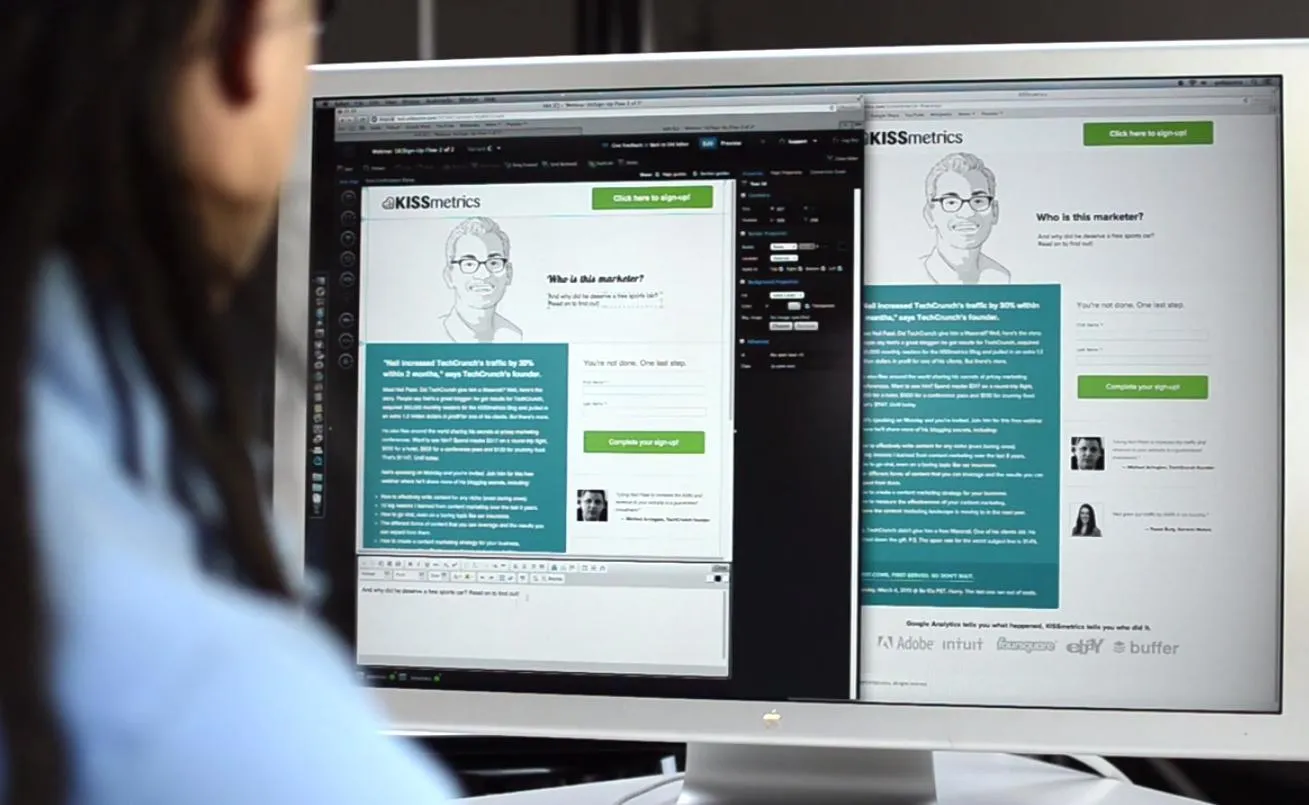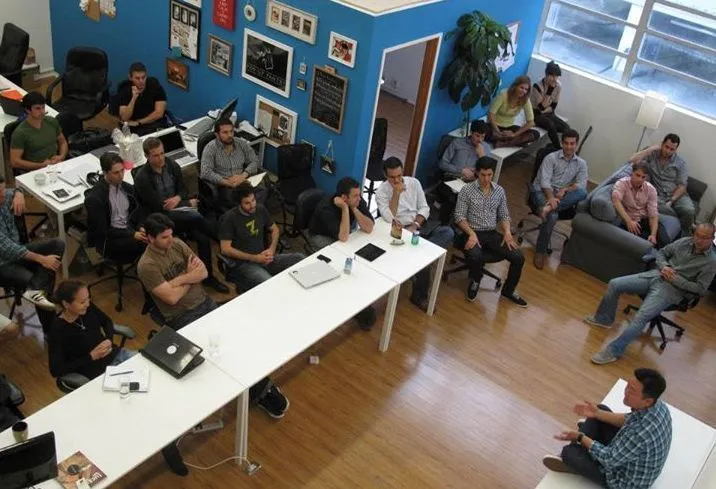In today’s fast-paced world, businesses are continually searching for innovative solutions to streamline their processes and enhance productivity. One such solution is the seamless integration of automation tools like Zapier into their workflows. A prime example of this is how Soylent, a leading meal replacement brand, leverages Zapier to transcribe phone calls automatically and create a comprehensive database of legal advice. This approach not only saves time but also ensures that valuable insights are captured and organized efficiently.
Understanding Soylent's Workflow
Soylent has established itself as a prominent player in the food and beverage industry, focusing on providing convenient nutrition solutions. With a growing business comes the necessity for effective legal advice management. To address this, Soylent recognized the need to transcribe phone calls with legal advisors and store this information in a centralized database. By using Zapier, they integrated various applications to automate this tedious process.
The Role of Zapier in Automation
Zapier is a powerful automation tool that connects different web applications, allowing them to work together seamlessly. For Soylent, Zapier serves as the backbone of their workflow, enabling the automated transcription of phone calls. Here’s how the process works:
| Step | Description |
|---|---|
| 1 | Phone call with legal advisor takes place. |
| 2 | Call recording is automatically generated. |
| 3 | Zapier triggers transcription software to convert audio to text. |
| 4 | Transcribed text is sent to a database for organization. |
This integration not only simplifies the transcription process but also ensures accuracy and consistency in recording legal advice. By automating these steps, Soylent significantly reduces the risk of human error and saves valuable time that can be redirected towards other critical business tasks.
Benefits of Automated Transcription
Implementing an automated transcription process through Zapier offers numerous advantages for Soylent, including:
- Increased Efficiency: With the manual transcription of calls eliminated, Soylent can focus on analyzing the data rather than spending hours on transcription work.
- Improved Accuracy: Automated transcriptions reduce the likelihood of errors that can occur during manual transcription, ensuring that the legal advice is accurately documented.
- Centralized Database: By storing all transcribed calls in a single database, Soylent can easily access and reference legal advice when needed, improving decision-making processes.
- Cost-Effective: Automation reduces the need for additional personnel dedicated to transcription tasks, resulting in cost savings for the company.
Building a Robust Legal Advice Database
The creation of a centralized database of legal advice is another critical aspect of Soylent’s strategy. By utilizing the transcribed information, Soylent can build a repository that serves multiple purposes:
- Knowledge Sharing: A centralized database allows team members to access legal advice quickly, fostering collaboration and informed decision-making.
- Compliance Tracking: Keeping a detailed record of legal consultations helps ensure compliance with industry regulations and guidelines.
- Future Reference: The database acts as a valuable resource for future legal matters, providing context and insights from past interactions.
To visualize the impact of this automated transcription process, consider the following chart that highlights the time saved through automation:
| Task | Time (Hours) Before Automation | Time (Hours) After Automation |
|---|---|---|
| Transcribing Calls | 10 | 1 |
| Organizing Legal Advice | 5 | 1 |
| Total Time Saved | 15 | 2 |
Conclusion
Through the integration of Zapier, Soylent has transformed its approach to managing legal advice by automating the transcription of phone calls and building a robust database of information. This innovative solution not only enhances efficiency but also ensures that critical insights are captured accurately and stored for future reference. As businesses continue to seek ways to optimize their processes, the example set by Soylent serves as a testament to the power of automation in today’s digital landscape.
For companies looking to improve their operational efficiency, understanding the potential of tools like Zapier in automating tasks can lead to significant improvements in productivity and overall business performance. Embracing such technology is not just a trend; it is a necessary step towards staying competitive in an ever-evolving market.





